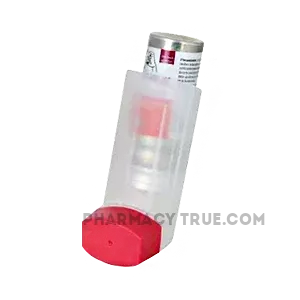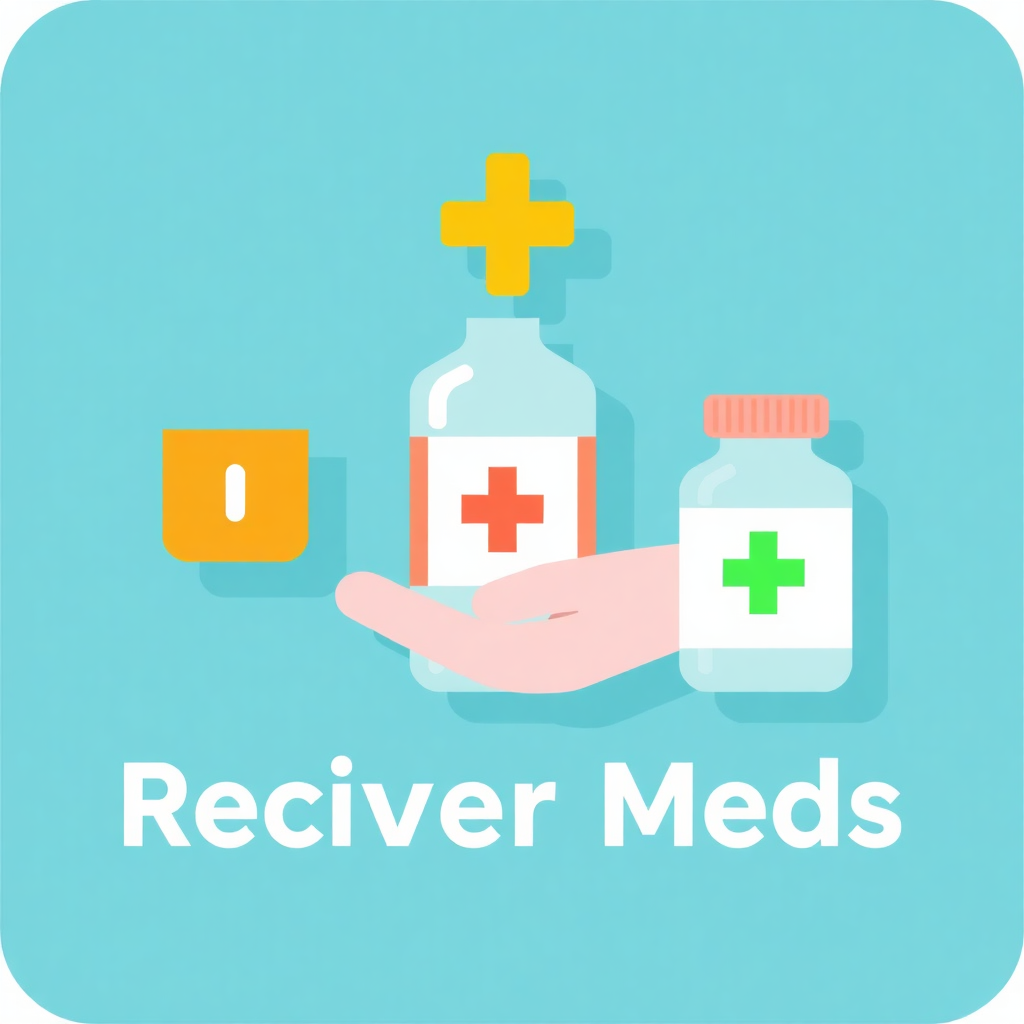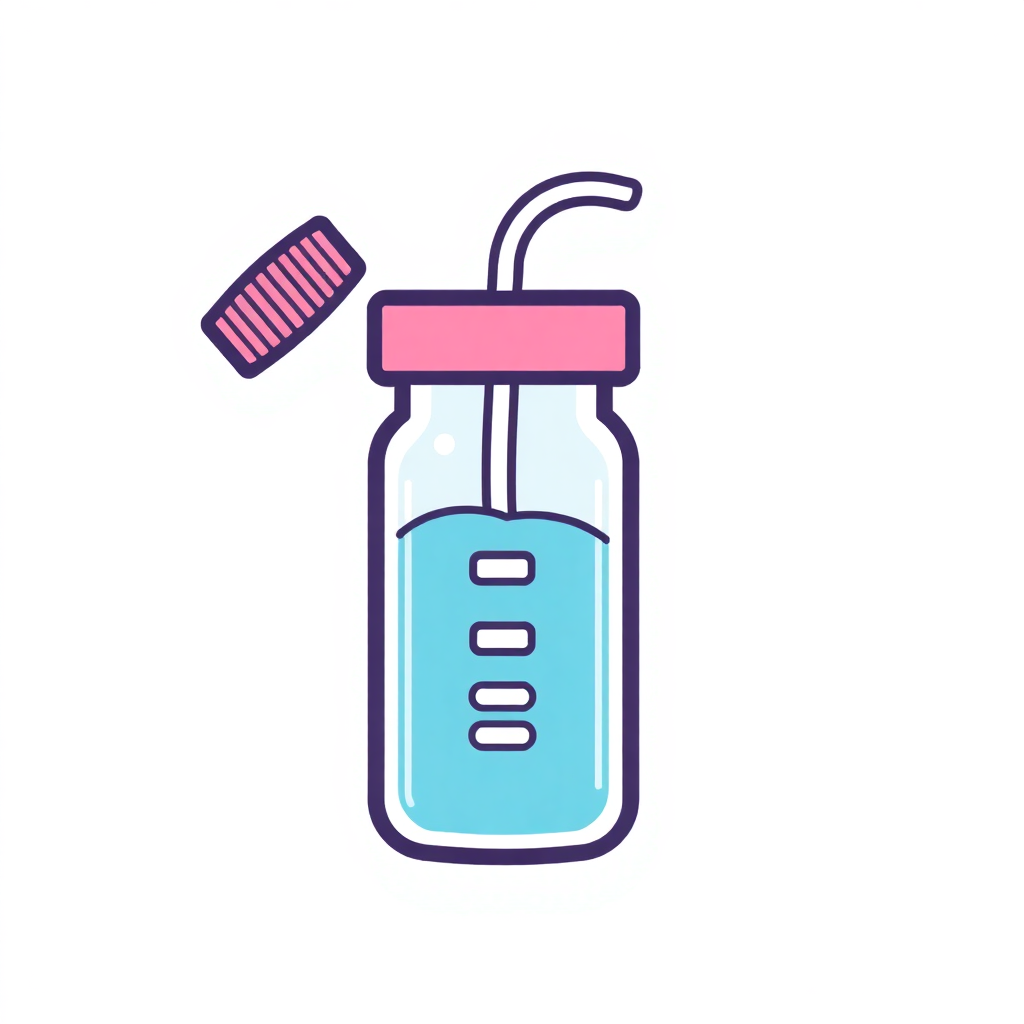Entocort (Budesonide)
Manufacturer varies by availability

No Prescription Required!
Entocort inhalation is used to prevent asthma attacks
Allergies
Similar Drugs
INDICATIONS
Entocort is a medication primarily used to treat mild to moderate Crohn's disease, especially when it affects the ileum (the last part of the small intestine) and the first part of the colon. It contains budesonide, which is a corticosteroid that helps reduce inflammation in the digestive tract. Entocort is also sometimes prescribed to manage symptoms of ulcerative colitis and other inflammatory bowel diseases (IBD). By reducing inflammation, it helps alleviate symptoms like abdominal pain, diarrhea, and weight loss.
INSTRUCTIONS
Entocort is typically taken orally in capsule form. It should be swallowed whole, without crushing or chewing, to ensure the medicine is released properly in the intestines. It is usually taken once daily, preferably in the morning. You should follow your doctor’s instructions carefully regarding how long to take the medication and at what dose. Do not stop taking Entocort suddenly without consulting your healthcare provider, as this may worsen your condition. If you miss a dose, take it as soon as you remember unless it is almost time for your next dose.
DOSAGE
The dosage of Entocort is determined by the severity of the condition being treated. For Crohn's disease, the typical adult dosage is 9 mg taken once daily in the morning for up to 8 weeks, after which the dose may be gradually reduced depending on your response to the medication. Your doctor may adjust the dosage based on your specific condition and how well you tolerate the medication. Always take the prescribed dose and do not exceed it without medical advice.
STORAGE
Entocort should be stored at room temperature, between 20°C to 25°C (68°F to 77°F). Keep the capsules in their original packaging, away from moisture and heat. Make sure the medication is stored out of reach of children and pets. Do not use the medication after the expiration date printed on the packaging.
SAFETY INFORMATION
Before taking Entocort, inform your doctor if you have any medical conditions, especially if you have liver disease, infections, or a history of tuberculosis. Budesonide, the active ingredient in Entocort, may weaken your immune system, making you more susceptible to infections. Avoid contact with people who have contagious illnesses, such as chickenpox or measles, while using this medication. It is important to inform your healthcare provider if you are pregnant, planning to become pregnant, or breastfeeding, as corticosteroids can affect your baby.
SIDE EFFECTS
Common side effects of Entocort include nausea, headache, indigestion, and fatigue. Some people may experience dizziness, muscle pain, or increased susceptibility to infections. More serious but less common side effects include high blood pressure, swelling of the face or limbs, and vision problems. Long-term use of Entocort may lead to side effects like bone loss (osteoporosis), adrenal suppression, or weight gain. If you experience any severe or unusual symptoms, contact your doctor immediately. It is essential to follow your doctor’s instructions to minimize the risk of side effects.
How it Works

Find and order your medications
You'll NOT need any kind of prescription! We carry most common generic medications, at cheap prices.

Receive your meds in the mail
Have a question? Our California-based pharmacists are available for consults.

Need a refill?
We will send you a reminder when it's time for your next order.





